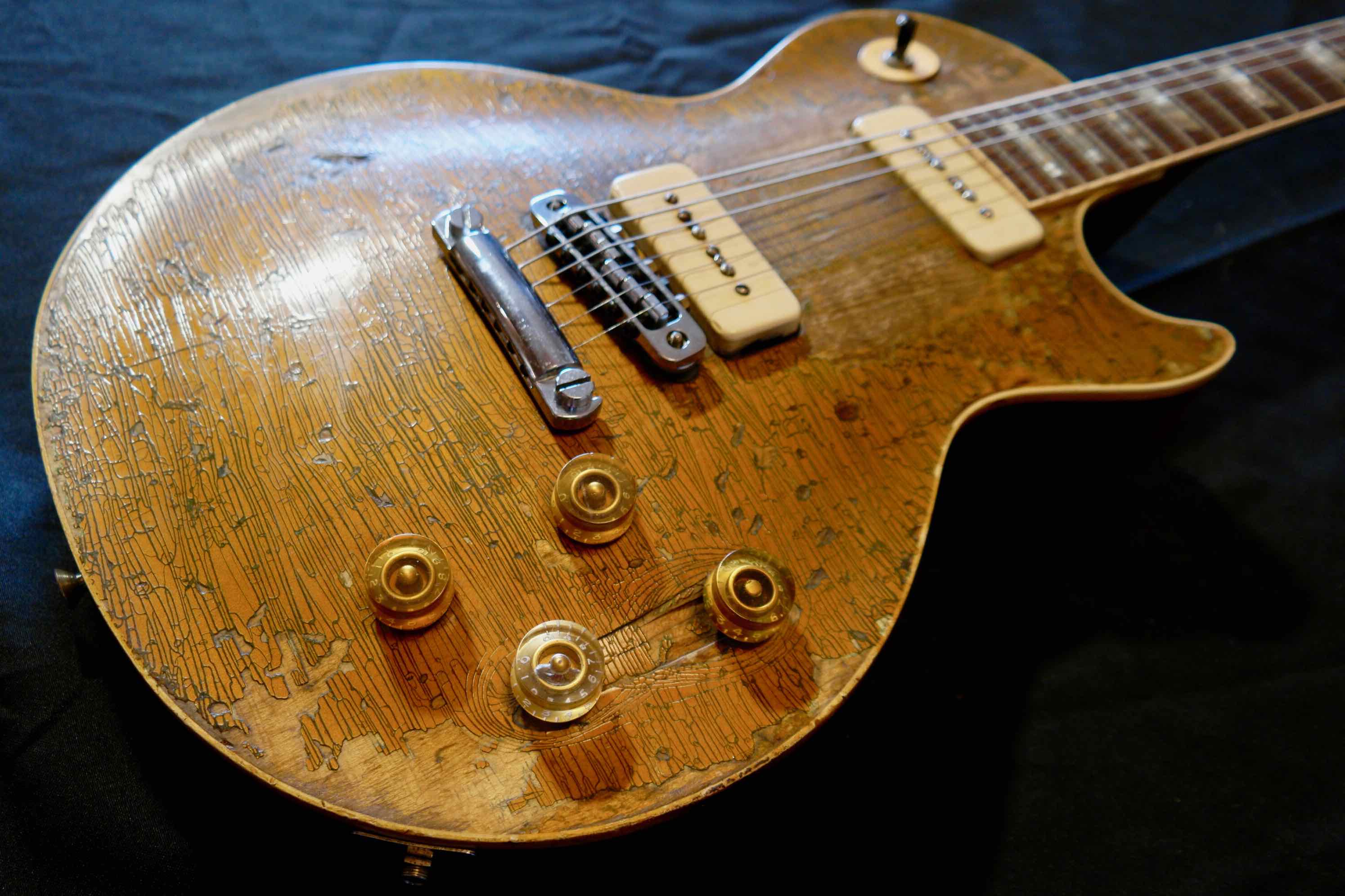

The band earned a measure of notoriety for the album cover for their 1970 Future blues because of the moon landing/ Iwo Jima imagery including an upside-down American flag. Hite’s 1968 “Amphetamine Annie,” for example, was one of the first anti-drug songs of the era. On another level, Canned Heat didn’t shy away from using their music to make political and social commentary. In 1971, John Lee Hooker admitted astonishment at Wilson’s ability to follow him on harp on the equally legendary Hooker ‘N Heat.

As a result, Wilson joined House at the Newport Folk Festival and on a few numbers on The Legendary Son House, Father of Folk Blues (1965). In 1964, he helped Eddie “Son” House re-learn the slide guitar that House had forgotten how to play to launch the aging singer’s new career. Not only were many of their songs re-workings of blues standards, Wilson, in particular, was a serious student of the masters that had inspired him.

But they were far more than mere stablemates to Big Brother, the Airplane, the Dead, and Quicksilver Messenger Service.įor one matter, they were among the musical performers that kept close to their blues roots. Still, despite being the “Kings of the Boogie” and lasting longer than most of their contemporaries, Canned Heat somehow eluded being considered in the front ranks of late ’60s California bands. Wilson’s signature tenor voice was also part of Canned Heat’s biggest hit to that time, 1968’s “On the Road Again.” Wilson’s “Going Up the Country,” in fact, was the unofficial theme song for Michael Wadleigh’s Woodstock documentary. That’s a strange thing as all three were stars at both the Monterey Pop Festival and Woodstock. In fact, killed by an apparent barbiturate overdose on a hillside behind Hite’s home, Wilson left us just weeks before the deaths of Joplin and Hendrix, but with far less fanfare. No one knew it at the time, but this placed him in the tragic “27 Club” of musicians who died at that age including Jimi Hendrix, Janis Joplin, Jim Morrison, Brian Jones, Kurt Cobain, and Robert Johnson. While the band carried on after September 3, 1970, things weren’t the same when Wilson was found dead that day at the age of 27. While the membership has changed many times over the years, the classic line-up of Canned Heat was unquestionably co-founders Bob “The Bear” Hite (vocals) and Alan “The Blind Owl” Wilson (guitar, harmonica and vocals), joined by Larry Taylor (bass), Adolfo de la Parra (drums), and, alternately, Henry Vestine or Harvey Mandel (lead guitar).


 0 kommentar(er)
0 kommentar(er)
